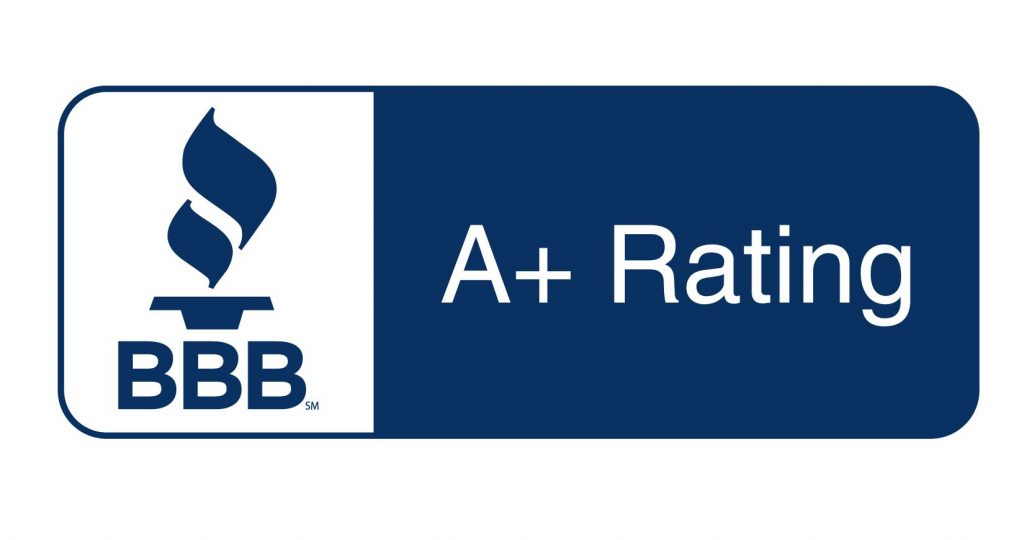Assisted living is something many of us will face in our lives. In fact, 70% of Americans who are 65 or older will end up needing some form of long-term care, including assisted living. Paired with the knowledge that assisted living is expensive, many beneficiaries want to know if Medicare covers assisted living.
What Is Assisted Living?
Assisted living facilities offer a unique blend of housing, personalized support services, and healthcare designed to meet the needs of older adults who require assistance with activities of daily living (ADLs) but do not require the level of care provided in nursing homes.
They promote residents’ independence and quality of life while ensuring safety and access to necessary support services. They provide a supportive environment where residents can receive assistance with tasks like bathing, dressing, medication management, and meal preparation while fostering social engagement and recreational opportunities.
Assisted living facilities offer a variety of social and entertainment activities, including group outings, exercise classes, arts and crafts, and cultural events, fostering a sense of community and well-being among residents.
Maintenance-free living arrangements are common in assisted living facilities. Housekeeping, laundry, and maintenance services are provided, allowing residents to focus on enjoying their daily activities and leisure pursuits.
Medicare Coverage in Assisted Living
Original Medicare consisits of two parts – Part A and Part B. Medicare Part A offers inpatient coverage for hospital and skilled nursing facility stays. Medicare Part B covers outpatient services, which includes some services provided by healthcare providers in assisted living facilities. This could include medically necessary therapy or skilled nursing care.
However, neither part of Medicare includes coverage for custodial care and long-term stays in assisted living. Medicare won’t cover any kind of custodial care while staying in an assisted living facility. This includes assistance with ADLs like bathing, dressing, eating, and using the restroom. It also won’t cover any room and board fees. This includes the “rent” to stay, as well as non-medical services like housekeeping, transportation, or personal care assistance unless they are medically necessary and provided by healthcare professionals.
Assisted living costs vary widely depending on factors such as location, facility amenities, level of care needed, and individual preferences. Urban areas and facilities offering premium amenities often command higher fees, while more basic accommodations may be more affordable.
Understanding the nuances of Medicare coverage in assisted living is crucial for individuals and families preparing for their healthcare and long-term care needs. While Medicare provides essential coverage for certain healthcare services, exploring alternative options and planning for comprehensive care in assisted living settings is essential.

Private Insurance and Long-Term Care Coverage
While Medicare typically does not cover assisted living costs, other financial assistance options, such as long-term care insurance, Medicaid waivers, and veterans’ benefits, may help offset expenses for eligible individuals.
Long-term care insurance policies are designed to cover the costs associated with long-term care services, including assisted living facilities, home care, nursing home care, and other supportive services. These policies provide financial protection against the high costs of long-term care and offer individuals greater control over their care choices and preferences.
Long-term care policies vary in terms of coverage options, benefit amounts, elimination periods, and premium costs. Individuals can customize their long-term care insurance policies to meet their specific needs and budget constraints, selecting features such as inflation protection, benefit periods, and coverage limits.
LTC insurance costs are influenced by factors such as age, health status, and pre-existing medical conditions. Purchasing long-term care insurance at a younger age and in good health may result in lower premiums and greater coverage options.
Understanding the terms and conditions of long-term care insurance policies, including coverage limits, waiting periods, and benefit triggers, is essential for making informed decisions about coverage. Individuals should carefully review policy provisions, exclusions, and limitations before purchasing long-term care insurance to ensure that their needs and preferences are adequately addressed.
Get Long-Term Care Protection from Carolina Senior Benefits
In planning for assisted living costs, it’s crucial to start early, assess potential care needs, explore available resources, and develop a comprehensive financial plan tailored to individual circumstances. By taking proactive steps and seeking professional guidance, individuals and families can navigate the complexities of long-term care financing with confidence and peace of mind.
Remember, planning for long-term care is not just about finances—it’s also about ensuring access to quality care, maintaining independence, and preserving dignity and autonomy in later years. By prioritizing long-term care planning and making informed decisions, you can embark on a journey toward a secure and fulfilling future.
Call the advisors at Carolina Senior Benefits today to discuss your financial options for assisted living expenses.





